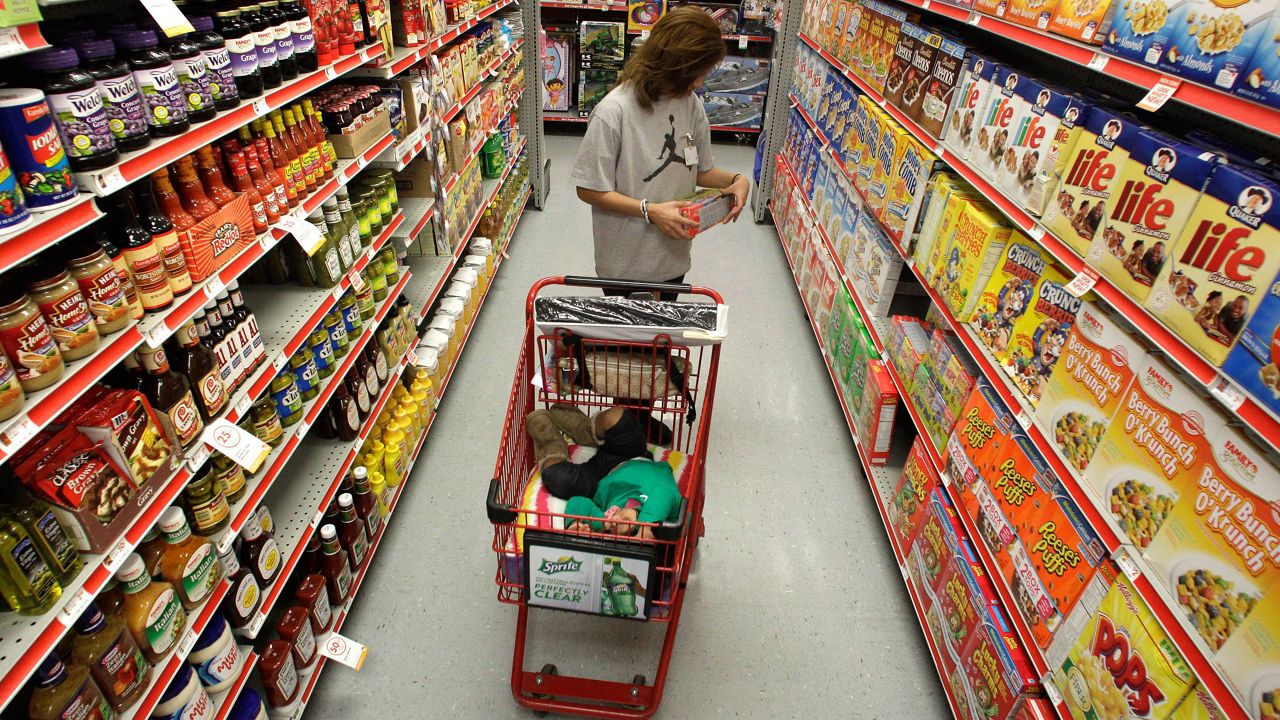Nearly 3 million New Yorkers could lose Supplemental Nutrition Assistance Program (SNAP) benefits in just a few weeks as new work requirements laid out in congressional Republicans’ “One Big Beautiful Bill” must be implemented.
Starting Nov. 1, all states must be fully complying with the broad policy and tax law passed in July that says adults with children from 14 to 17 will no longer be exempt from a work requirement to receive benefits, and neither will people ages 55 through 64.
State agencies can request a waiver for certain areas if unemployment surpasses 10%.
Gov. Kathy Hochul’s office on Thursday released data showing the number of individuals relying on SNAP benefits in each of New York’s 26 congressional districts.
According to those numbers, the district with the current highest number of SNAP recipients — 272,857 — is the 15th Congressional District, located in the Bronx and represented by Democratic Rep. Ritchie Torres.
The state’s more rural districts still have relatively high amounts — the 19th, 21st, 23rd and 24th Districts each have between 85,000 and 90,000 recipients.
According to the state Department of Labor, as of August, the highest areas of non-seasonably adjusted unemployment in the state are the Bronx, at 7.8%, the New York City boroughs with each between 5% and 6% and St. Lawrence County at 5.3% — each far below the 10% threshold for a waiver for work requirements.
In addition, the U.S. Department of Agriculture, which oversees SNAP, sent letters on Oct. 10 to state agencies that administer benefits telling them not to send certain files to the contractors that would clear the way for the EBT cards to be loaded at the start of November because the ongoing congressional budget impasse and shutdown.
“If the current lapse in appropriations continues, there will be insufficient funds to pay full November SNAP benefits for approximately 42 million individuals across the nation,” the letter reads.
This all comes as states must prepare to shore up more of the cost of SNAP in the coming years. Currently, states and the federal government split the expense, but the “One Big Beautiful Bill” increases states’ responsibility to 75% of administrative costs starting in the 2027 fiscal year.
“SNAP recipients, most of whom are children, older adults or disabled, count on SNAP every month to feed their families. Food assistance is critically needed and is a particular concern given the current high costs of food, rent and energy,” state Office of Temporary and Disability Assistance Commissioner Barbara Guinn said in a statement.
The Associated Press contributed to this report

